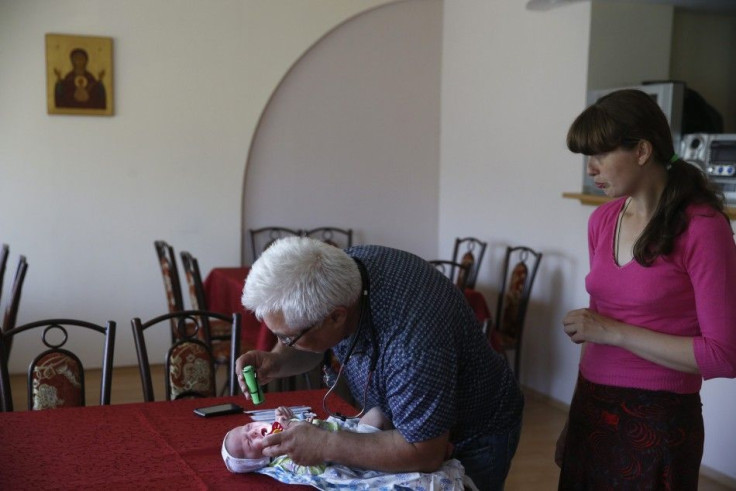Contaminated Hospital Drip Kills 2nd Baby in UK

A second baby has died from the contaminated hospital drip scandal that has ripped the United Kingdom. A total of 22 babies are believed to have developed blood poisoning various at neonatal intensive care units across England.
Health officials from Public Health England (PHE) said it will not disclose the second baby's or even the hospital's identity "due to patient confidentiality."
However, PHE, in a statement, believed the newborn's death was "not related to the bacillus cereus infection."
"We can confirm that a baby involved in the investigation has sadly died, but it is not believed to be related to the infection."
"The baby was clear of the infection at the time of death."
On June 1, 9-day-old Yousef Al-Kharboush died after developing a bacterial infection called septicaemia at St Thomas' Hospital in London. It was believed he died from blood poisoning because of a contaminated feed. London-based pharmaceutical firm ITH Pharma supplied the contaminated products which had been sent to a total of 22 hospitals.
The affected babies could be found at:
- Chelsea and Westminster NHS Trust, London (four)
- Guy's and St Thomas' NHS Foundation Trust, London (three)
- The Whittington Hospital, London (one confirmed, one possible)
- Brighton and Sussex University Hospital NHS Trust (two confirmed, one possible)
- Addenbrooke's, Cambridge University Hospitals (two)
- Luton and Dunstable University Hospital (two)
- Peterborough City Hospital (one)
- Southend University Hospital (one confirmed, one possible)
- Stoke Mandeville Hospital (one)
- Basildon University Hospital (one, one possible)
Premature children are particularly vulnerable to infections, plus are unable to eat on their own. They have to be given food through IV fluid for them to be able to receive the nutrients they need to grow strong and healthy.
Professor Mike Catchpole, PHE incident director, said investigations showed the liquids in the drips were contaminated in one day.
"Investigations to date have suggested the source of the Bacillus cereus infection that has affected outbreak cases was the contamination of intravenous liquid products during a single day of production, which are no longer in circulation," the Daily Mail quoted Catchpole.
ITH Pharma in a statement said the parenteral nutrition, given to babies in neo-natal intensive care units, "are no longer in circulation. They are made to order for individual patients on a daily basis, in response to bespoke orders from hospitals."
"We are co-operating fully with the MHRA in the investigation, and are doing everything we can to help them establish the facts in this case as quickly as possible."




















